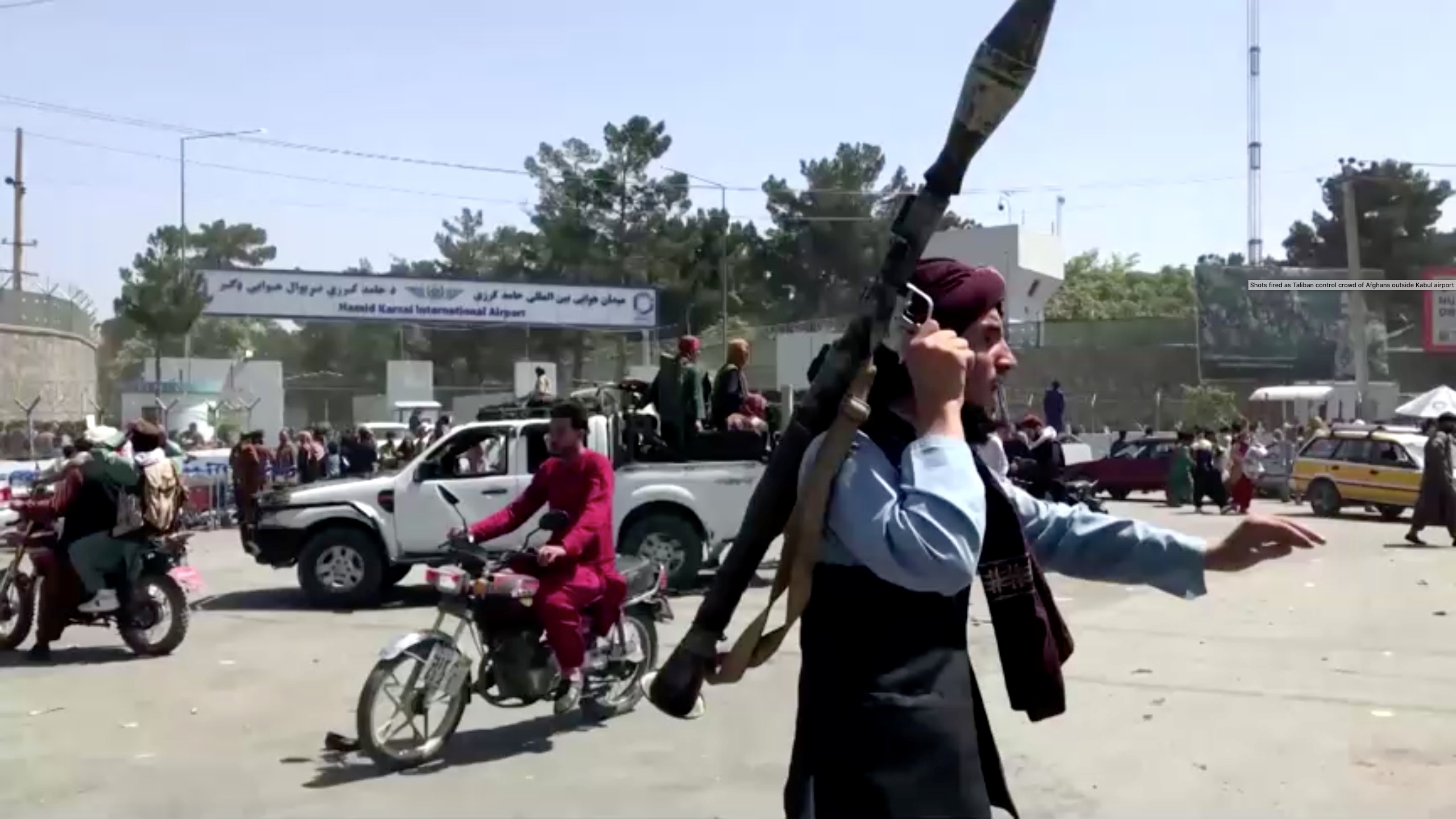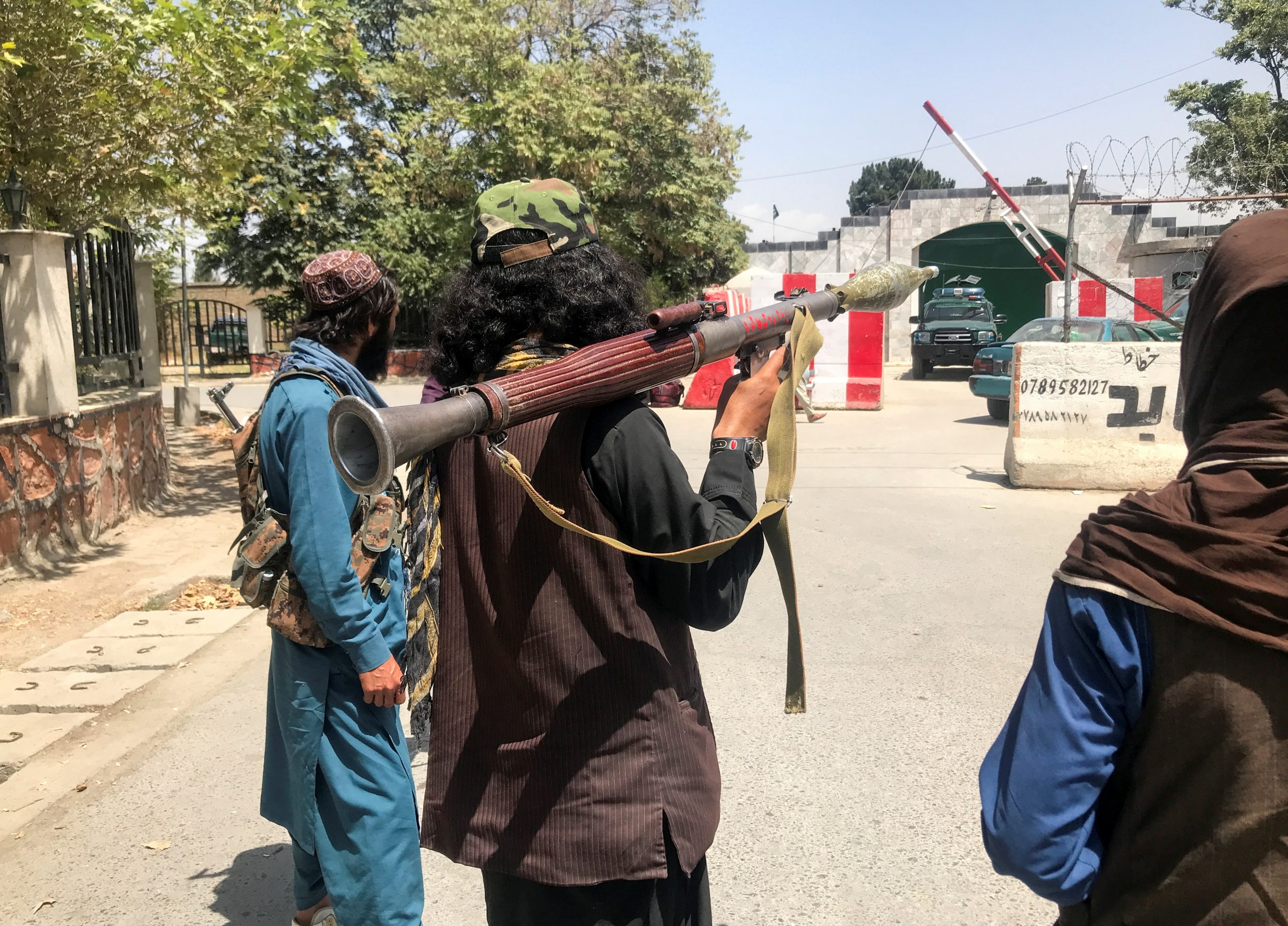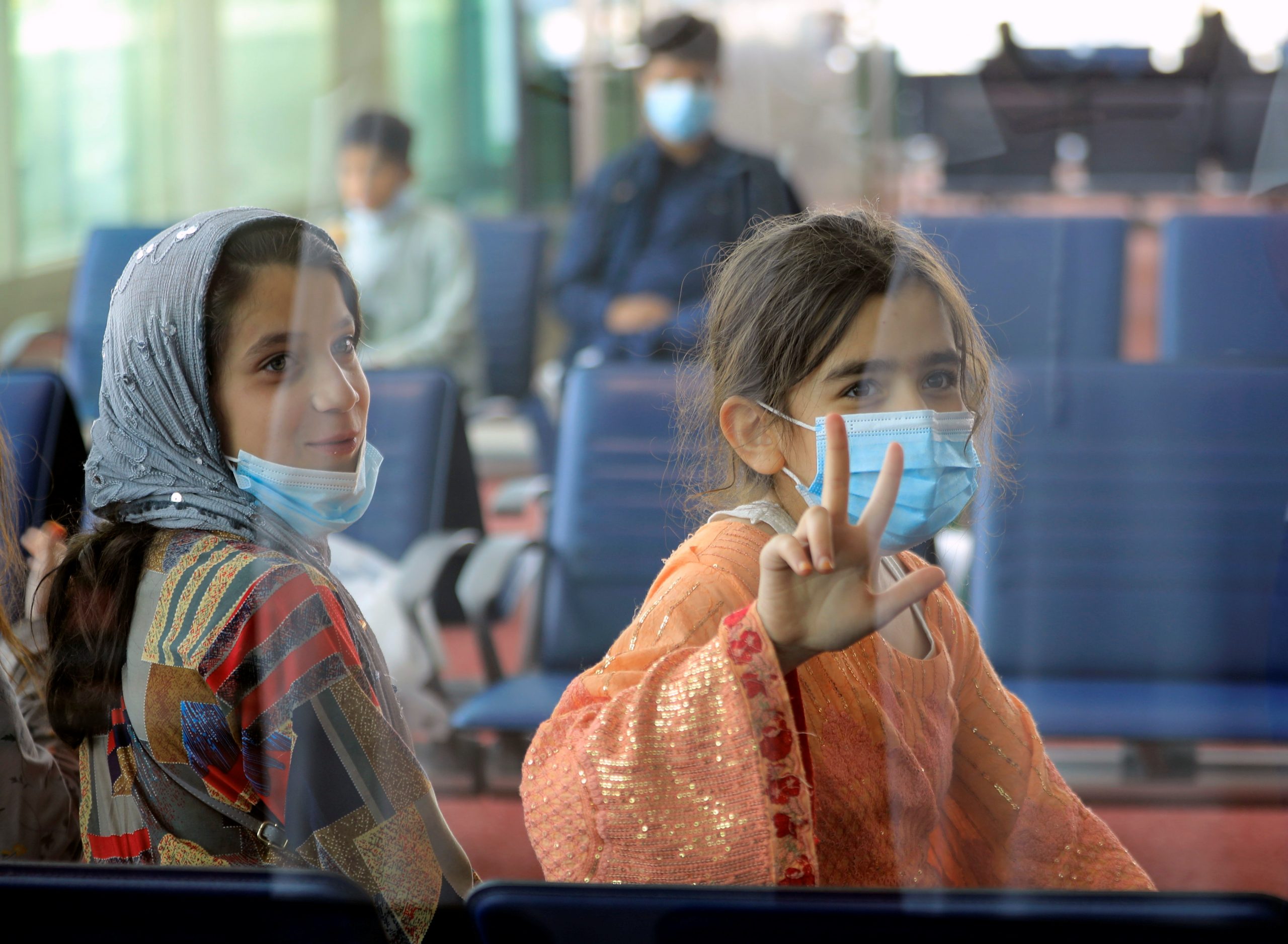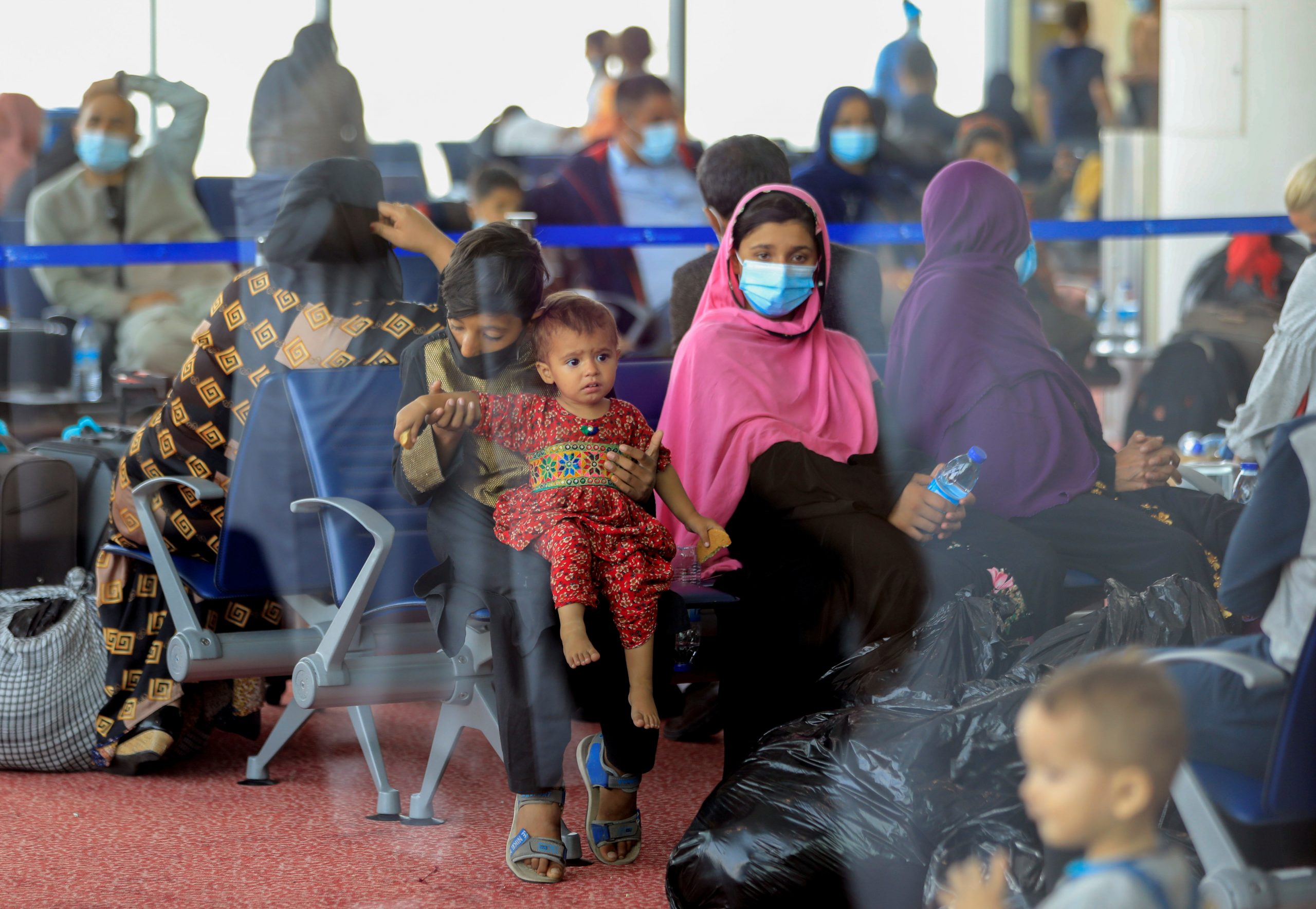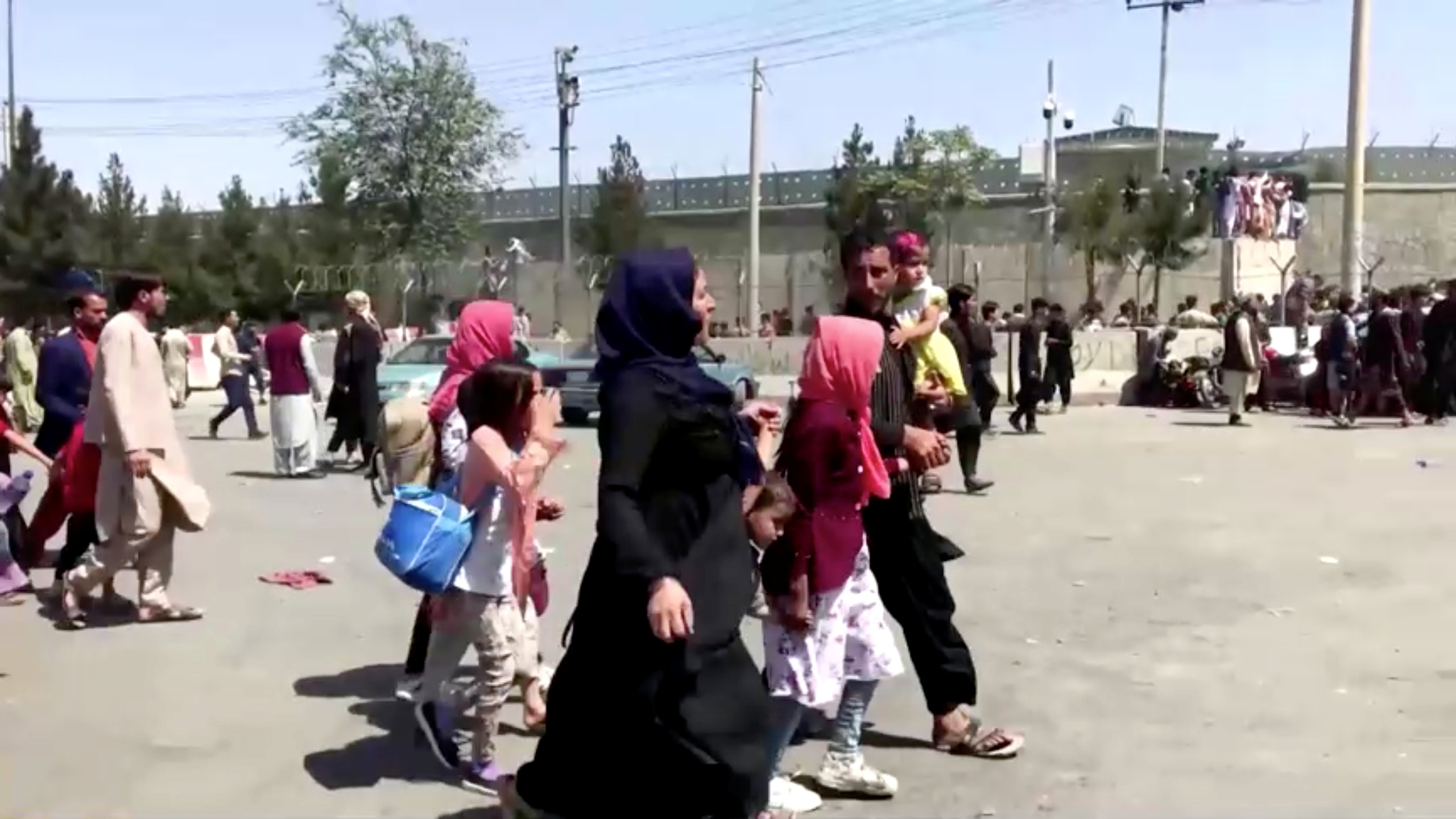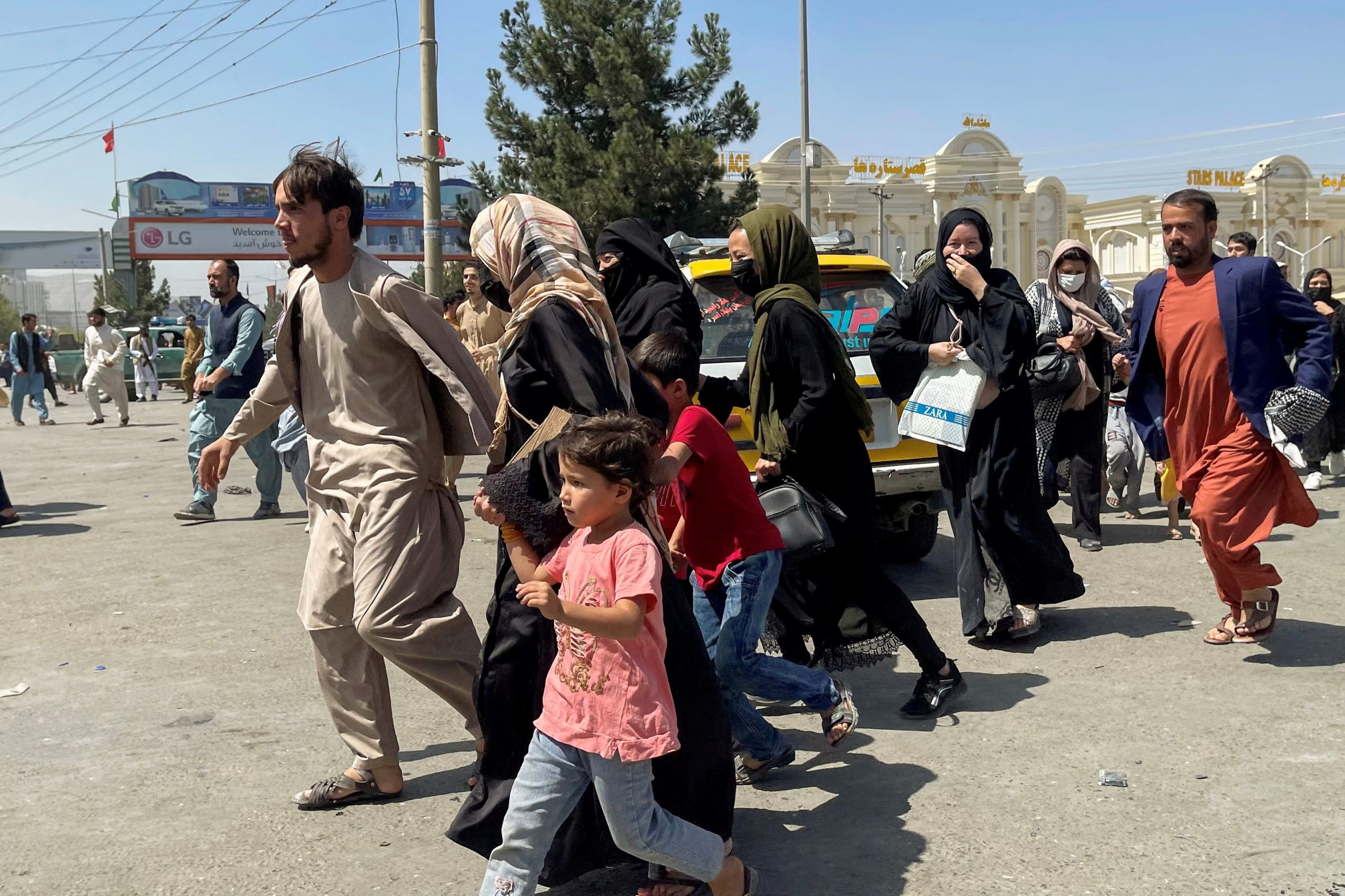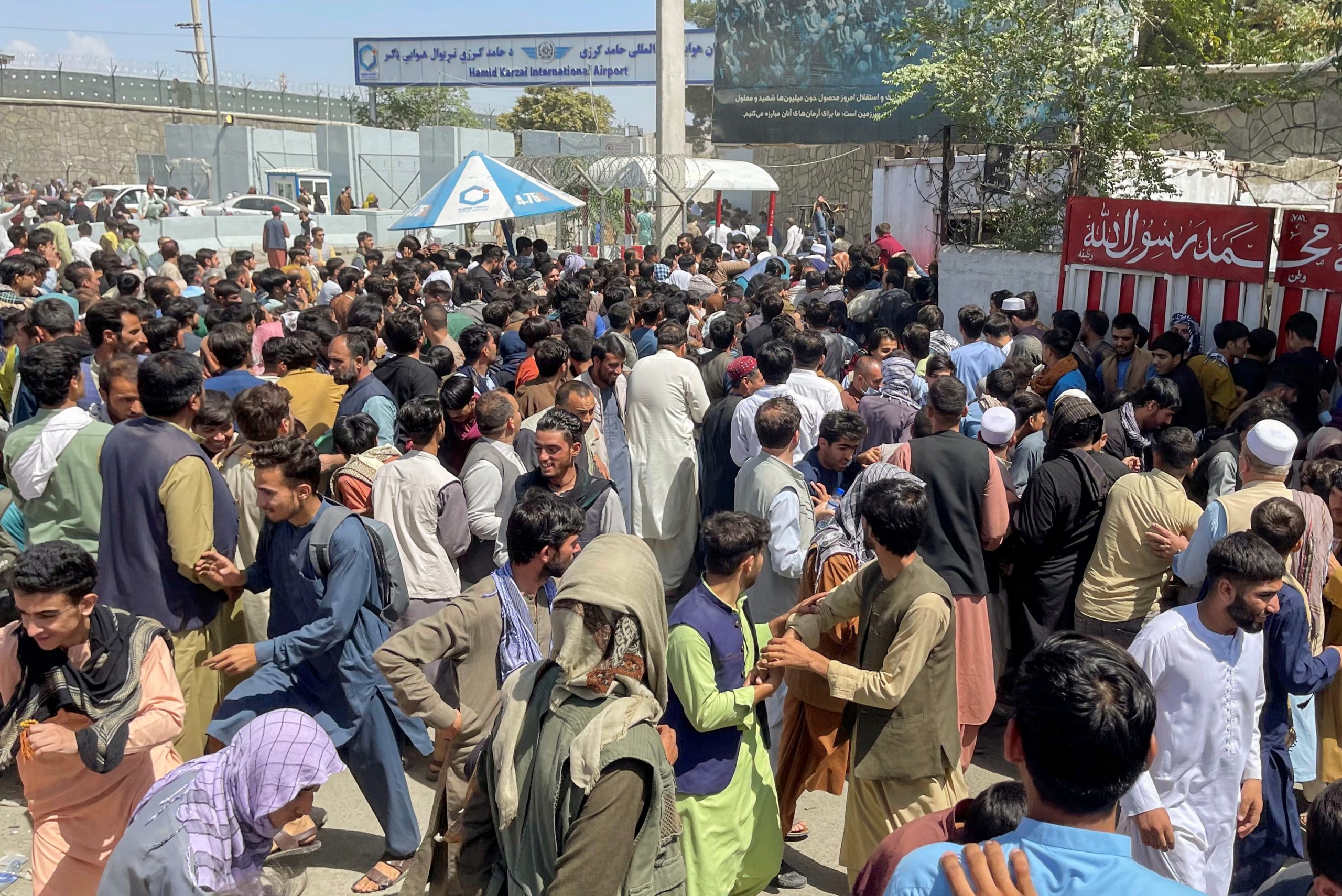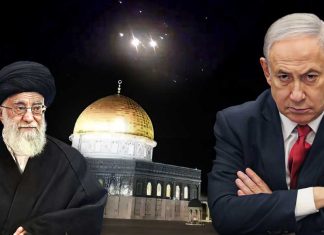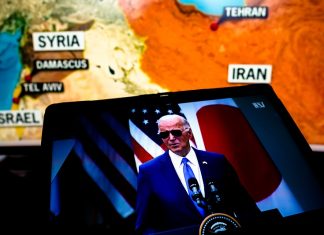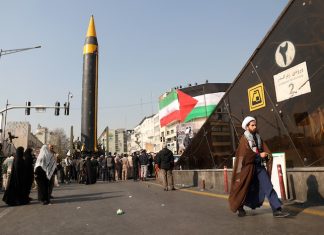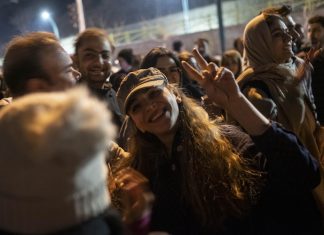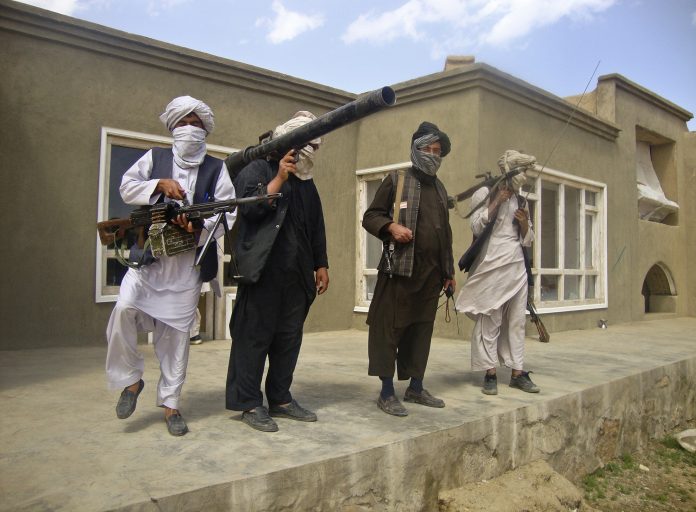
By Ahmad Rafat
The Taliban regained control of Afghanistan at lightning speed last week — 20 years after U.S. military forces removed them from power. Their return and territorial gains in such a short time span have led many to reflect on the group’s stunning success.
Meanwhile, contradictory comments by U.S. officials on the recent developments in Afghanistan have raised more questions than answers.
U.S. President Joe Biden has said that the American military was not on a “nation-building” mission in Afghanistan, but rather on a mission to defeat and eradicate Al-Qaeda, which it achieved successfully, and therefore there was no reason for US forces to remain in the country any longer.
However, some members of Mr. Biden’s administration have contradicted him.
John Godfrey, Acting U.S. Special Envoy for the Global Coalition to Defeat ISIS and Acting Counterterrorism Coordinator, recently warned about the growing threat by the Islamic State or ISIS’s Khorasan branch.
“The ISIS-Khorasan branch in Afghanistan is a group that we have been focused on for some time. We assessed it constitutes a serious threat,” Mr. Godfrey said during a State Department press briefing on July 1.
The Taliban’s return to power will threaten the fundamental rights of Afghan citizens, particularly women and girls, and will once again turn the country into a haven for various jihadist and terrorist groups.
The founder of Al-Qaeda, Osama bin Laden (1957-2011), lived in Afghanistan freely and used the country as his base of operation to promote global terrorism. U.S. and Western military forces defeated the Taliban and removed them from power in 2001. Yet they could not and did not want to rid the country of the extremists and terrorist groups completely. The Taliban held control over parts of Afghanistan in the past 20 years, and although the coalition forces could destroy them, they chose not to.
Other terrorist groups in Afghanistan continued their activities alongside the Taliban, including the ISIS-Khorasan branch, the Tahrik-i-Taliban Pakistan (Taliban Movement in Pakistan, TTP), and the East Turkestan Islamic Movement (ETIM).
ANALYSIS: Afghanistan Will Be the New Base of Operation for Iran and IRGC
A local branch of ISIS accepted responsibility for the bombing in May at an all-girls school in Kabul that killed 50 people.
Many of these terrorist groups will come out of the shadows in the coming weeks once the “new” Taliban has revealed its true nature. We will witness a return to the conditions that prevailed in Afghanistan between 1996 and 2001.
It will not take long for the Taliban to break all of the promises that they made during the two-year negotiations with the U.S., including not persecuting their opponents and respecting the rights of women and girls to go to school and work. Public executions, mass arrests, suppression and censorship of news media, and a ban on girls and women studying and working may soon become an everyday reality in Afghanistan.
Yet many Western countries ignore these facts and insist that the 2021 Taliban is markedly different from the 2001 Taliban.
In a recent meeting, EU foreign ministers expressed optimism regarding the “new” Taliban’s assurances and instead focused their attention on the influx of Afghan refugees, which they fear may hit the West in the coming weeks.
Sources at the EU meeting in Brussels told Kayhan Life that the ministers reportedly asked Afghanistan’s neighbors, particularly Iran, Pakistan, and Turkey, to accept Afghan refugees and prevent them from heading to Europe. The EU governments will most likely have to pay the cost of keeping the Afghan refugees in those countries and make political concessions to Turkey and Iran.
The “new” Taliban do not intend to establish relationships with Western countries on the condition that they uphold the human rights of Afghan citizens, particularly girls and women — even if it is in a sham democracy. Three days after taking control of the capital Kabul, the Taliban said they did not believe in elections and democracy, and that a council of experts would run the country according to Sharia law.
Only a few countries which do not respect their citizens’ human and civil rights — such as China, Russia, and the Islamic Republic — may officially recognize their rule. The Taliban may not intend to establish diplomatic ties with any other country besides China, Pakistan, Russia, and Iran.
Despite taking a cautious approach to the developments in Afghanistan, the spokesperson for the Chinese Foreign Ministry said that Beijing would officially recognize Taliban rule.
Iranian and Afghan Campaigners Call On UN to Protect Women’s Rights in Afghanistan
At the end of July, Chinese Foreign Minister Wang Yi met a Taliban delegation headed by Abdul Ghani Baradar, one of the group’s founders. China reportedly promised to invest in Afghanistan, and in return, asked for exclusive rights to the country’s vast underground mineral mines. China has also reportedly demanded that the Taliban halt the activities of the East Turkestan Islamic Movement (ETIM), which are mostly Uyghur Muslims, in Afghanistan.
However, Beijing’s primary goal is to get access to Afghanistan’s mineral resources, including barite, chromite, coal, copper, gold, iron ore, lead, lithium, and precious and semi-precious stores, which are estimated to be worth close to $1 trillion.
Russia is more interested in the withdrawal of the U.S. and Western forces from Afghanistan than investment opportunities. The former Soviet Union (USSR) ended a decade-long war in Afghanistan and suffered a humiliating withdrawal in 1989.
The U.S. finds itself in a similar predicament as the Soviets did in 1989, which would be a massive win for Moscow. Russian Foreign Minister Sergey Lavrov hosted a meeting with a Taliban delegation in Moscow in July. After the meeting, Mr. Lavrov said that Russia would explore ways to maintain dialogues with the Taliban in the future. The withdrawal of the U.S. and Western forces will enable Moscow to expand its sphere of influence in Afghanistan.
Pakistan and Afghanistan always had a tumultuous relationship, except when the Taliban were in power. Some documents reportedly show that certain elements of Pakistan’s security forces helped create the Taliban to drive the Soviets out of Afghanistan. The leadership of organizations and parties that fought to drive the Red Army out of Afghanistan were in Pakistan during the war, which enabled the Pakistani security agencies to infiltrate and influence many of these groups.
Meanwhile, Pakistan has been trying to peddle a more acceptable version of the Taliban to the international community.
“The Taliban has broken the shackles of slavery in Afghanistan,” Pakistan’s Prime Minister Imran Khan said on Aug. 19.
Retired Lieutenant-General Abdul Qayyum, a member of the ruling Pakistan Muslim League (N), urged Prime Minister Khan’s government to be the first in the world to recognize Taliban rule.
In the end, the Islamic Republic of Iran may be the first country that recognizes the Taliban rule as an “Islamic Emirate.” Shortly after the Taliban took power in Afghanistan, Iranian President Ebrahim Raisi welcomed “the defeat of U.S. military,” describing it as “an opportunity for reviving life, security, and peace in the region.”
Although the Islamic Republic considers the Taliban’s victory a boost to the Axis of Resistance (an alliance between Iran, Lebanese Hezbollah, and the government of Syrian President Bashar al-Assad), most political observers believe that Tehran and Kabul will have a short-lived honeymoon. The Taliban have always considered Shia Muslims to be their enemies and will not tolerate them under the “Islamic Emirate.”
Meanwhile, Qatar and the Taliban have longstanding ties. Qatar has also been involved in the Afghan crisis. It has become a significant player in the region in its own right after breaking away from Saudi Arabia. American and Taliban delegations held their peace talks in the Qatari capital, Doha. Doha-based Aljazeera TV was the only foreign media network allowed to operate freely in Afghanistan when the Taliban were in control of the country between 1996 and 2001. Aljazeera was also the only TV network that followed Taliban fighters when they entered the presidential palace in Kabul last week.
Turkey is also eager to establish diplomatic ties with the “Islamic Emirate.” During a meeting of the leaders of the NATO member countries, Turkish President Recep Tayyip Erdogan said that “we should not ignore the reality of Taliban.” President Erdogan recently said that he was planning to meet Taliban leaders soon. Although the Taliban view Turkey, a NATO member, with suspicion, they have repeatedly called Mr. Erdogan “the leader of a brother Islamic nation.” The Taliban also view Turkey as an important economic partner.
https://kayhanlife.com/cartoon/farewell-democracy_afghanistan_afghan/

